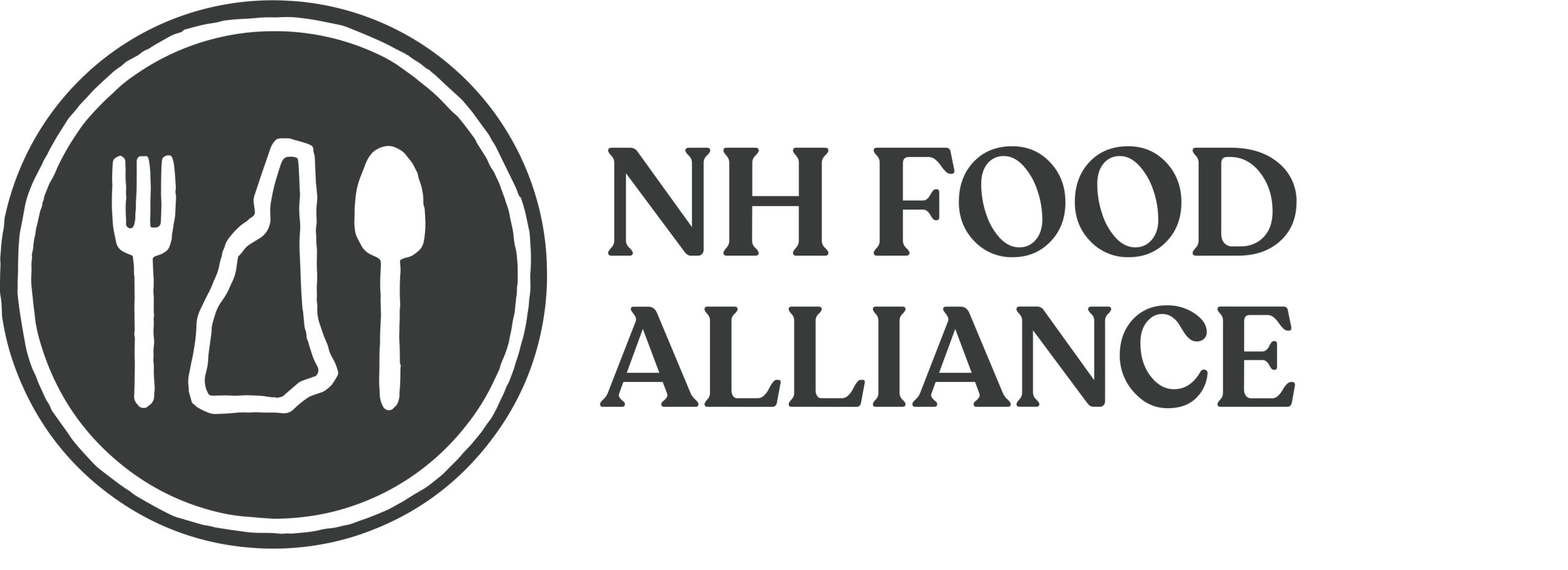Ethical Contracts & Revenue Sharing
Ethical Contracts & Revenue Sharing
From exploitation → collaboration
The Big Picture:
In a creative economy built on uneven deals and opaque royalties, ethical contracts are a revolution.
They ensure that everyone who contributes to a project shares in its success — transparently, proportionally, and fairly.
It’s not just business — it’s creative justice.
Step 1: Write Contracts That Reflect Shared Values
What to include:
- Transparent roles: Define who does what, who owns what, and how decisions are made.
- Equitable pay: Include living wage minimums, not “exposure” or speculative compensation.
- Revenue participation: Clarify exactly how profits, royalties, or credit will flow back to contributors.
- Creative credit: Make attribution non-negotiable — name every collaborator publicly.
Sample frameworks:
- Freelancer’s Union Contract Creator (U.S.)
- Fair Work Contract Toolkit (Creative Commons)
- Ethical Fields Cooperative Templates (Australia)
The goal: contracts as community agreements, not extraction tools.
Step 2: Choose a Fair Revenue-Sharing Model
One size doesn’t fit all — so pick the one that fits your flow.
- Royalties: Traditional but scalable. Ideal for ongoing use of intellectual property (music, film, publishing).
- Revenue Split: Fixed percentage shared among collaborators (e.g., 60/20/20 across production, editing, and promotion).
- Equity Shares: Contributors own part of the entity — receiving dividends as it grows.
- Mutual Credit: Internal currency or timebanking system; value exchange through trust and reciprocity.
Hybrid models are rising — e.g., equity + royalties for both creative and technical contributors.
⚖️ Step 3: Build in Transparency & Accountability
Ethical contracts are living documents.
- Use Open Collective or CoBudget for transparent revenue tracking.
- Adopt Creative Commons or GPL-style licensing to codify open collaboration.
- Set up consensus or sociocratic review for any contract change.
- Publish annual impact statements showing how revenues were shared and reinvested.
When creators see where every dollar goes, trust becomes your brand.
The Bottom Line
Ethical contracts turn creative work into shared equity, not silent exploitation.
They replace scarcity with stewardship — so artists, editors, coders, and storytellers all share the upside.
The future of creative collaboration isn’t about signing away your rights.
It’s about writing new ones — together.
Join the Movement
MobilizedNews.com • Building the Global Commons of Solutions Media















